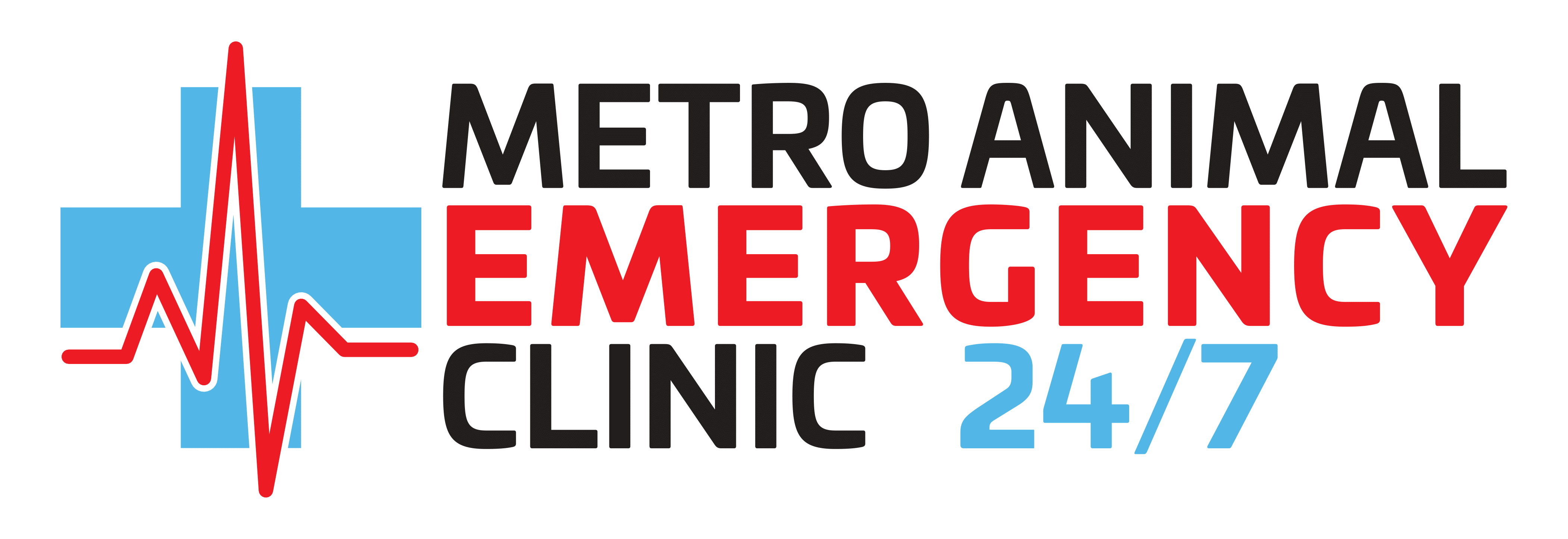Dehydration often accompanies vomiting, diarrhea, hyperthermia, fever, no access to water, and other conditions.
To determine if your dog is dehydrated:
- Check the tongue and gums – they should be moist
- Saliva should be watery, if thick and ropy, your dog may be dehydrated
- Check eyes, if they appear sunken into the sockets, or dry to the appearance, dehydration may be a factor
- You can also do a skin turgor test by pinching the skin on the top of the head or the back of the neck – if the skin tent does not immediately return to position, then the dog is dehydrated.
What to do:
- If your dog seems very dehydrated and depressed, seek veterinary attention
- If only mild, then give frequent small amounts of water
- Move dog to a cooler area to help reduce panting
What NOT to do:
- Do not let your dog have immediate free access to water or other liquid
- Do not feed him any dry food
Need a visit? We are here 24/7 for your pet.
If you need anything at all, please call us at 902-468-0674, and we'll be there to provide real-time answers to your questions.

